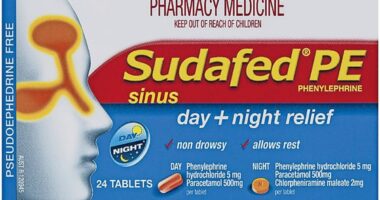Eating chillies could lower someone’s early death rate and improve their heart health, according to a consultant cardiologist.
Dr Ameet Bakhai said a study had found that eating red hot chillies could help improve heart health by improving blood flow.
He told Platinum magazine: “A recent study has found that eating chilli can be good for your heart. Chilli contains capsaicin, which acts on receptors in the body to improve blood flow. The study found that people who ate hot red chilli peppers had a 12-13 percent lower early death rate.”
Hot red chilli peppers aren’t the only food which has been recommended by doctors and other health experts to help reduce one’s risk of heart disease.
Black tea has also been recommended by tea expert Dr Tim Bond. He told the Express: “It turns out that enjoying a cup of regular black tea has heart and blood pressure benefits thanks to a little-known but mighty compound called thearubigins.
“The news comes at a critical time, given the WHO’s scary statistics on cardiovascular disease, which caused a third of deaths globally in 2019, making it the world’s leading cause of death.”
Dr Bond added: “Their health benefits come from an action in the blood vessels, reducing inflammation, relaxing smooth muscle, and dilating the arteries. Blood pressure is one of the key areas of health that we’ve found thearubigins could influence.”
As well as helping the heart, tea is also believed to help the stomach too with gastroenterologist Dr Saurabh Sethi taking to TikTok to espouse the benefits of green tea.
He said it was an “excellent choice” because it had antioxidants such as catechines that could help the liver and gut.
Dr Sethi also recommended coffee because “it contains multiple antioxidants and has been proven to promote liver health by managing fatty liver disease and also decreasing the risk of liver cancer”.
The tips come months after the British Heart Foundation warned that early heart disease deaths in the UK had risen to a 14-year high.
Following the release of the horrifying data at the start of this year, chief executive Dr Charmain Griffiths said: “These figures paint a heartbreaking picture. For more than half a century, pioneering research and medical advances helped us make huge strides towards reducing heart attack and stroke deaths.
“But this has been followed by a lost decade of progress in which far too many people have lost loved ones to cardiovascular disease too soon.”









